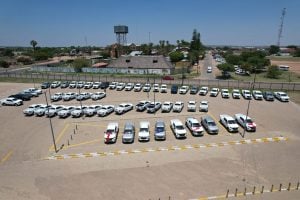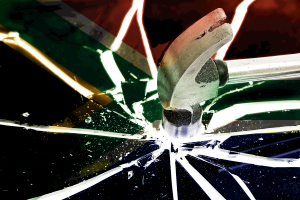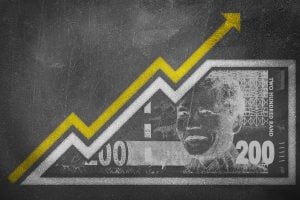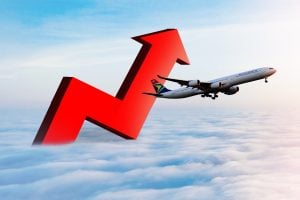The R50 billion pastime for South Africa’s elite
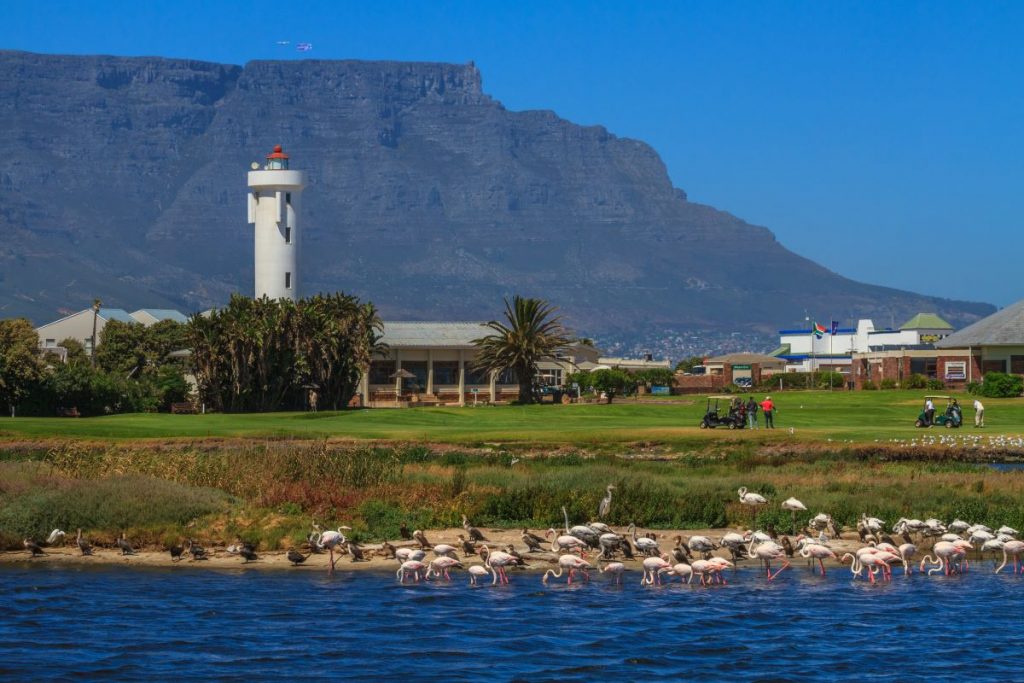
Golf is not just a leisure activity in South Africa – as it brings billions to the South African economy.
Investec noted that the pastime is growing in popularity as the Covid-19 pandemic brought an interesting shift in the demographics playing the sport.
“The pandemic was devastating in so many aspects. Golf as an outdoor activity where social distancing was inherent in the game offered people some respite from this. With so many people working from home, they were able to play more often,” said Sunshine Tour Commissioner Thomas Abt.
“Restrictions on travel also left people with more expendable income, which golfers spent on new clubs and gear and more rounds of golf. This helped participation reach new highs, which the industry has sustained beyond the pandemic.”
Despite often being seen as a sport for older men, over 6 million people under the age of 34 possess a golf license worldwide.
Women are also playing more golf, with the latest GolfRSA data highlighting a 7.2% increase in female membership and an 8.8% rise in the number of juniors among registered golfers in 2022.
That said, 77% of golfers are male and over 54 years old, but the shift is becoming more noticeable.
Golf also serves as an economic driver that creates employment stimulates spending, and contributes to local economies.
A study by the National Golf Foundation showed that golf contributed $102 billion to the US economy in 2022 and created over 1.65 million jobs.
However, the game also has a secondary economic impact through travel, ancillary purchases and investments in housing and infrastructure on golf estates, bringing the estimated value to over $226 billion.
In South Africa, Golf RSA CEO Grant Hepburn said that golf contributes R49 billion to the economy – roughly 4% of GDP – whilst also providing 40,000 jobs annually.
This benefit comes from the country’s prolific golf course network of 420 courses, with South Africa having the 12th most golf courses in the world.
“The opportunity to play on these pristine golf courses attracts numerous foreign visitors, who leverage the buying power of stronger currencies like the dollar, euro and pound to spend lavishly on golf, accommodation, food, transportation, and other services while in the country,” Hepburn said.
SATSA Golf Chair Carl Reinders said that golf tourists spend, on average, 120% more per day than leisure tourists, boosting local economies.
Due to South Africa’s year-round mild climate, golf can be a major tourism contributor for South Africa.
Read: Calls to add these 10 items to the zero-VAT-rated food basket
